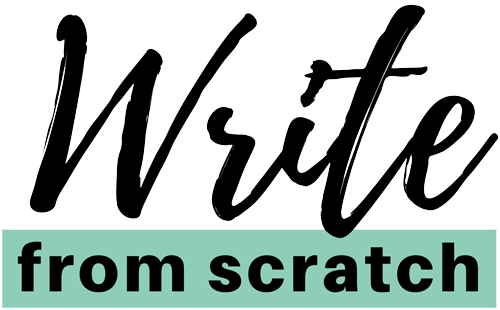YOUR PREMISE IS DONE – now it’s time to expand those core elements into a full outline, and, eventually, a scenes list. How will the main character run into their first game-changing moment? What will the opposition do to try and stop the main character from reaching their goals? How will you build the “world” of your characters, ramp up the conflict and stakes?
Your outline – and your scenes list – will help you understand how your story fits together, and will help you pin-point any gaps in the story, or any inconsistent pacing.
In short, it’s your “roadmap” for your book, helping you know exactly what to write when you sit down at your desk.
In the video, I’ll take you through one of my early outlines – and in the next video I’ll show you what I changed in response to some extremely useful feedback…


Quick question Nick. You mentioned you’ve had the concept in your head for a year. Is that the norm with most great books, or is it possible to think something up off the cuff? Which is better?
It was a vague idea of “I want to write something along these lines” for a long while, then finally I took the plunge and sat down to sketch it out. So it was a year of “I want to write something… something” then about 2 hours of figuring out “this is exactly what I’m going to write”.
You can definitely think something up off the cuff – having a vague idea in your head for a year is really just a very effective way of losing 12 months of writing time 🙂
I also use Scrivener and love it! Though I’ve tried using the cork board feature, I keep falling back to pen and paper for my initial draft of ideas to get the premise and story flow going. It is interesting that you are already concerning yourself about small details, (cause and effect sorts of things…I tend to let that work its way out as I write the scenes themselves.)
One cautionary note from a fellow sci-fi author…don’t get too hung up on explaining the technology. Writing Sci-fi, it is really easy to fall into the TMI trap. Some of the most boring science fiction I have ever read dwells on explaining the technology, the background history and takes forever to get to the meat of the story. Writing a novella, I doubt you will have the luxury of falling into that trap, if you were ever even tempted to do so. I think Robert Heinlein is a marvellous writer who does it right in this area. He hardly ever explains the technology in his books and worries about he consequences of it (i.e. how the characters interact with it to make the story move forward)
I’m looking forward to seeing where you take your story.
Gotta love the flexibility of Scrivener…
The Game Changer seems really clear when I hear about it but finding it in my own stuff is tricky. I havent gotten it right yet. Its like math or something. Lol!
I like to develop an idea, flesh it out, build the scenes and finally write. The Story Engine has helped with my plotting in terms of building the tension and roller coaster moments to keep the reader wanting more. I now use the structure from the get-go.